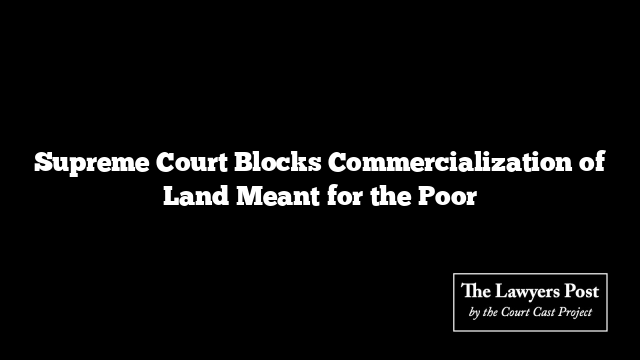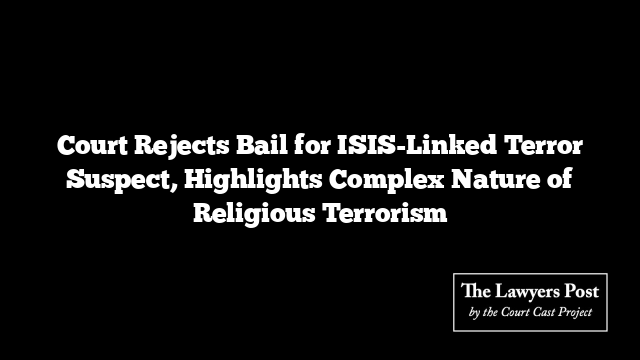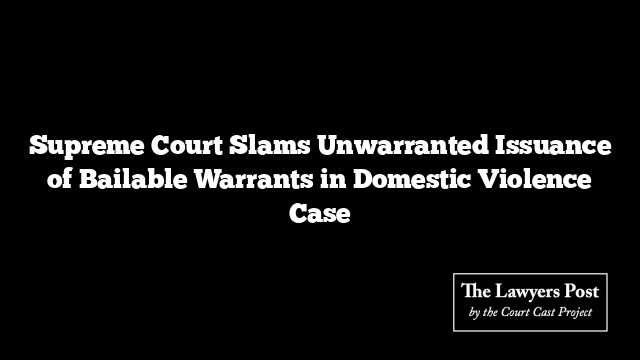In a landmark decision, the Supreme Court has overturned a Bombay High Court order that directed the Municipal Corporation of Greater Mumbai (MCGM) to transfer ownership of a prime plot in Lower Parel to Century Textiles and Industries Limited. The plot, spanning around five acres, was originally designated for the construction of affordable housing under a scheme aimed at assisting the economically disadvantaged.
The Supreme Court’s bench, comprising Justices Vikram Nath and Prasanna B. Varale, sided with MCGM’s appeal, emphasizing that Century Textiles’ petition to alter the land’s use for commercial purposes was not only untimely but also violated the original lease’s intent. The lease, dating back to the early 20th century, was part of a broader initiative to provide housing to the lower-income groups. The court highlighted that the 2009 request by Century Textiles to repurpose the land for commercial development contradicted the lease’s conditions, which explicitly prohibited such uses.
The ruling pointed out that the arrangement between the company and the municipal authorities was based on a clear social contract: Century Textiles benefited from low rent in exchange for providing housing for those in need. Altering the use of the land for profit would not only undermine this agreement but also distort the statutory purpose of urban development, which was intended to serve marginalized communities.
In its judgment, the Court emphasized the importance of maintaining public trust in statutory schemes designed to uplift vulnerable populations. The attempt to shift the land’s use for commercial exploitation was seen as a betrayal of this trust, with serious implications for the integrity of such welfare-oriented policies.
The case traces back to 1918 when Century Textiles applied for a lease to build affordable housing as part of the Poorer Classes Accommodation Scheme (PCAS). While some parts of the land were developed for the intended purpose, Century Textiles continued to occupy the property even after the lease expired in 1955. Attempts to claim ownership or alter the land’s use were made over the years, culminating in a writ petition filed in 2016, which the Bombay High Court had initially ruled in favor of.
The Supreme Court found that the High Court had misinterpreted the legal framework governing the land’s lease. The decision made it clear that land allocated for specific social purposes, such as affordable housing for the underprivileged, cannot be repurposed for commercial ventures, as this would go against both the letter and spirit of the statutory law.
This judgment serves as a significant reminder of the need to uphold the social objectives behind urban planning and development, particularly when public resources are involved. The case underscores the Court’s firm stance on protecting lands designated for the welfare of society’s most vulnerable.





